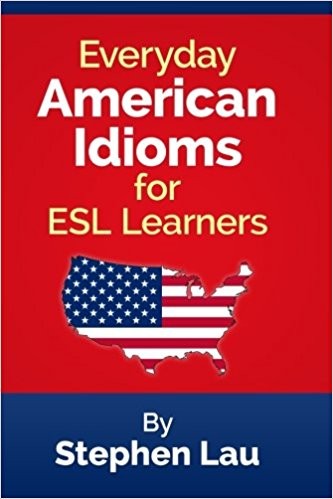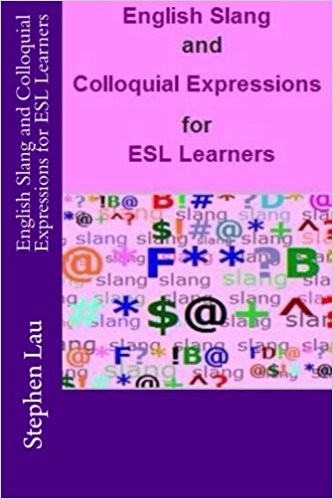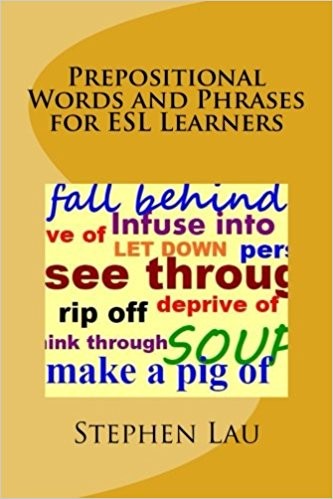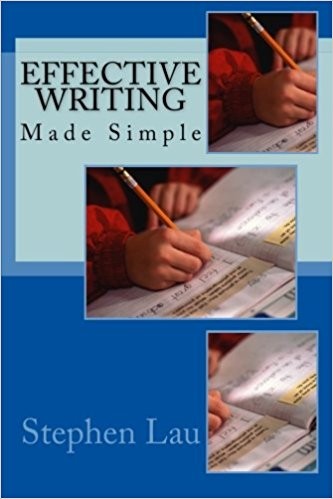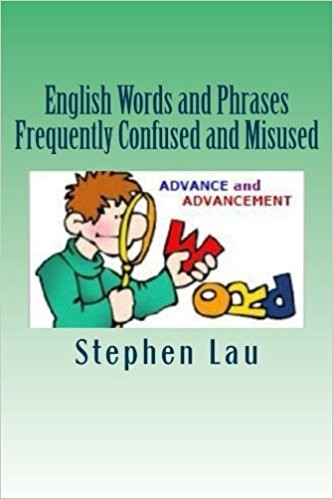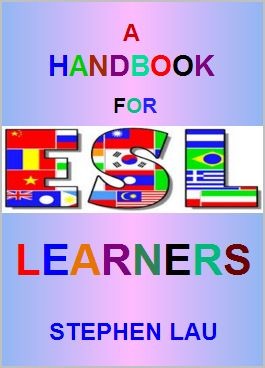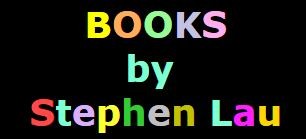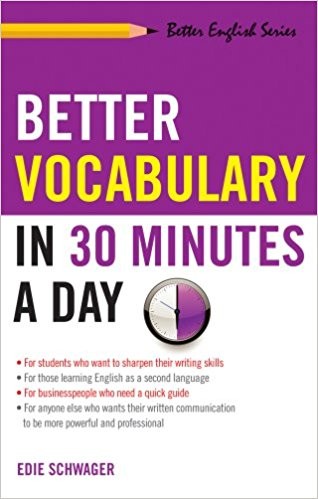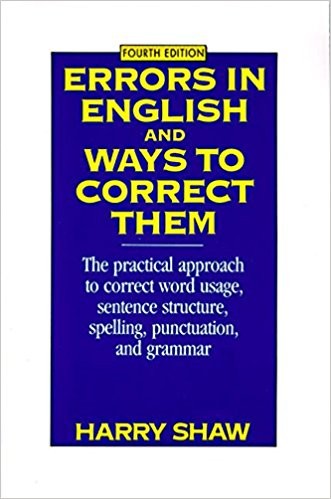





Click here to get your FREE Handbook for ESL Learners.

Building Vocabulary
You need words to communicate through listening, speaking, reading, and writing -- in other words, vocabulary. Therefore, you need to build your vocabulary for better and more effective communication.
Whatever and whenever you read, notice the words and phrases that you are not familiar with, and ask yourself one simple question: Do I understand the content without knowing their meanings? If your answer is yes, then continue your reading.
You may also want to ask yourself two more questions: Have I come across these words and phrases before? Do I want to learn them? If you say yes to them, well, maybe you should make an effort to learn and remember them, including their meanings, spellings, and ways of pronunciation. That is how you build your vocabulary.
Make an effort to learn at least several words and phrases everyday. What if I don't remember them after a week or so? Don't worry! They will come back to you sooner or later. Just keep on building your vocabulary daily.
But how should I learn, and where do I get the materials to build my vocabulary. Learn your ESL here!
Stephen Lau
Copyrightę by Stephen Lau
You need words to communicate through listening, speaking, reading, and writing -- in other words, vocabulary. Therefore, you need to build your vocabulary for better and more effective communication.
Whatever and whenever you read, notice the words and phrases that you are not familiar with, and ask yourself one simple question: Do I understand the content without knowing their meanings? If your answer is yes, then continue your reading.
You may also want to ask yourself two more questions: Have I come across these words and phrases before? Do I want to learn them? If you say yes to them, well, maybe you should make an effort to learn and remember them, including their meanings, spellings, and ways of pronunciation. That is how you build your vocabulary.
Make an effort to learn at least several words and phrases everyday. What if I don't remember them after a week or so? Don't worry! They will come back to you sooner or later. Just keep on building your vocabulary daily.
But how should I learn, and where do I get the materials to build my vocabulary. Learn your ESL here!
Stephen Lau
Copyrightę by Stephen Lau
Read the following from my book The Happiness Wisdom:
"That money can buy happiness is a myth rather than a reality. But if you have experienced extreme poverty all your life, you might think otherwise. That said, if one has met the basic everyday needs, then the amount of money one possesses may no longer play a pivotal role in the happiness or unhappiness of that individual. The truth of the matter is that money can make you happy or unhappy, and that is the paradox of money."
Can you fully comprehend the above, even without knowing some or all of the highlighted words and phrases?
MYTH: an untrue idea or concept. MYTHICAL: an adjective.
THINK OTHERWISE: disagree or think differently.
THAT SAID or HAVING SAID THAT: a colloquial expression, meaning "although" or "though" (remember, "although" and "though" are never followed by "but", e.g. "Although I like this dress very much, I won't buy it."
PIVOTAL: critical or important.
PARADOX: a statement seemingly contradictory or untrue at first. PARADOXICAL adjective.
"That money can buy happiness is a myth rather than a reality. But if you have experienced extreme poverty all your life, you might think otherwise. That said, if one has met the basic everyday needs, then the amount of money one possesses may no longer play a pivotal role in the happiness or unhappiness of that individual. The truth of the matter is that money can make you happy or unhappy, and that is the paradox of money."
Can you fully comprehend the above, even without knowing some or all of the highlighted words and phrases?
MYTH: an untrue idea or concept. MYTHICAL: an adjective.
THINK OTHERWISE: disagree or think differently.
THAT SAID or HAVING SAID THAT: a colloquial expression, meaning "although" or "though" (remember, "although" and "though" are never followed by "but", e.g. "Although I like this dress very much, I won't buy it."
PIVOTAL: critical or important.
PARADOX: a statement seemingly contradictory or untrue at first. PARADOXICAL adjective.

